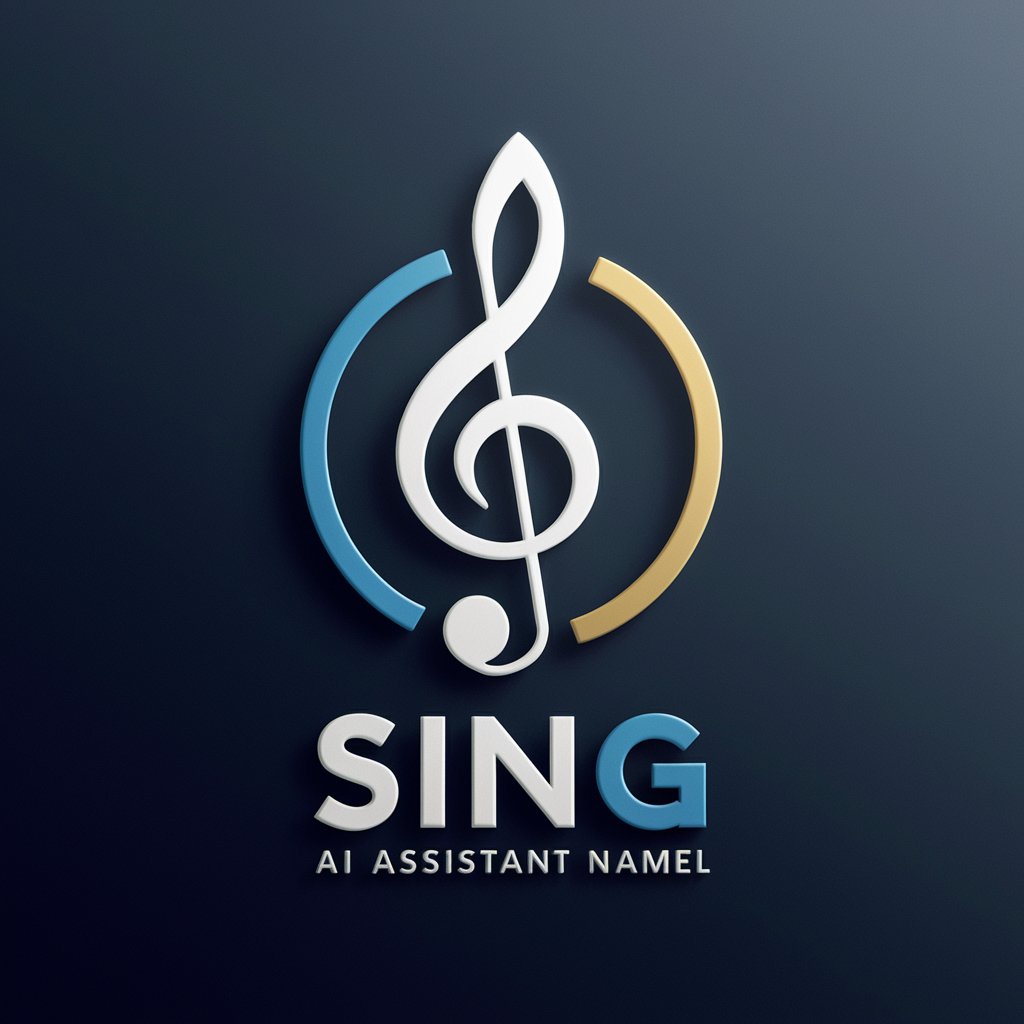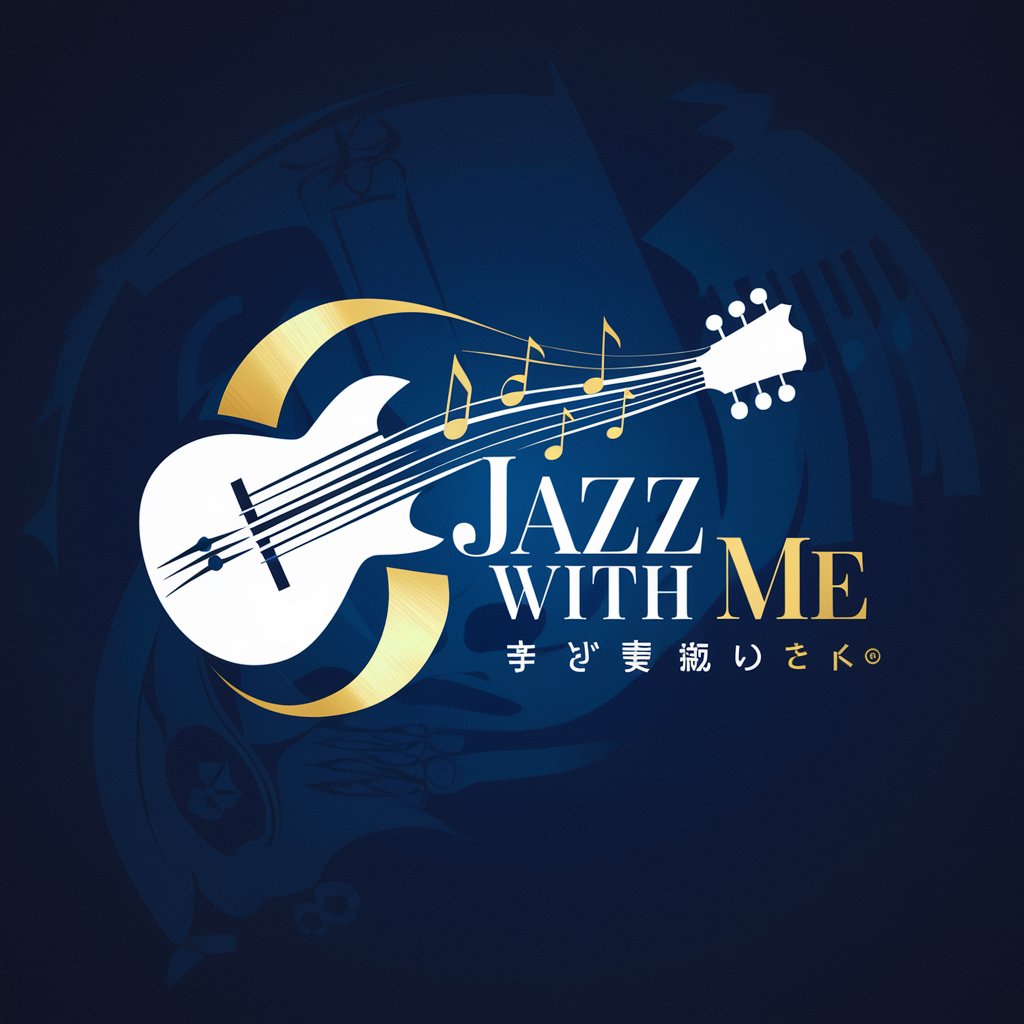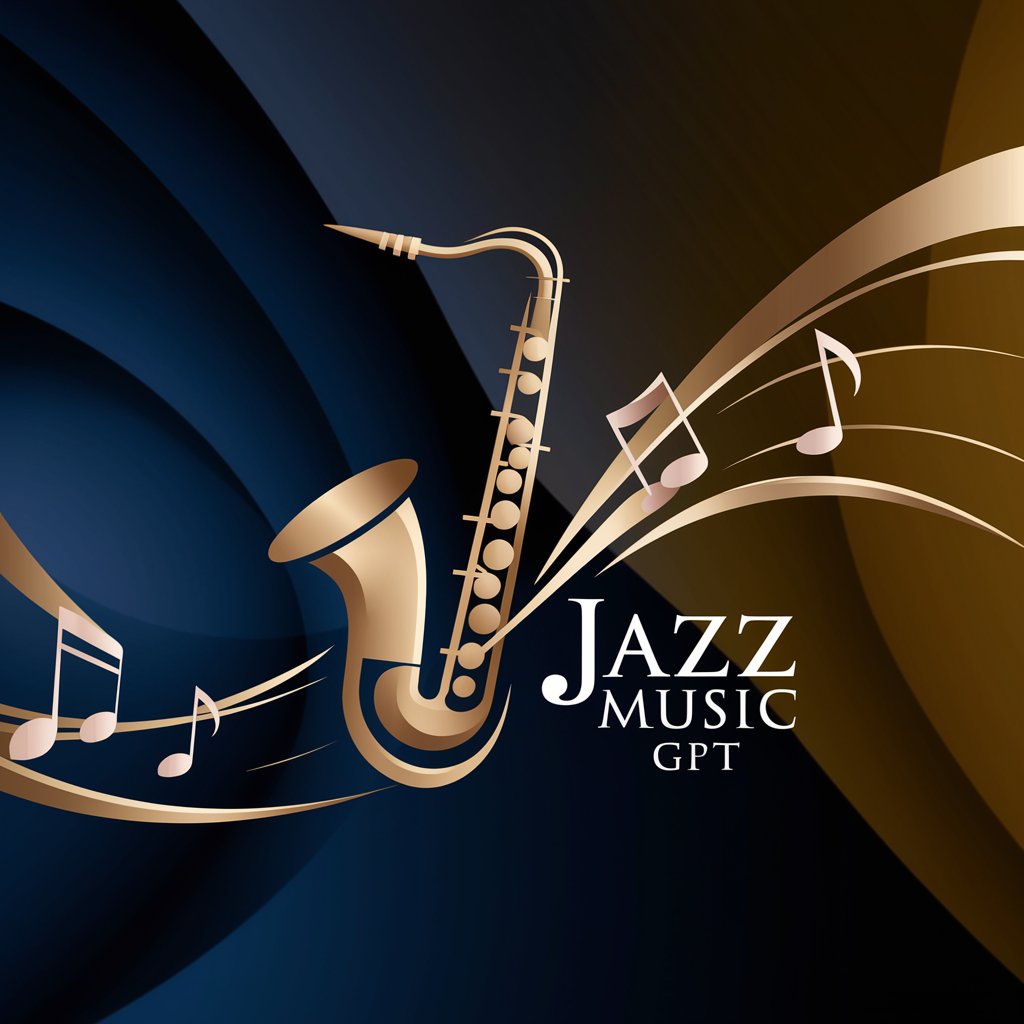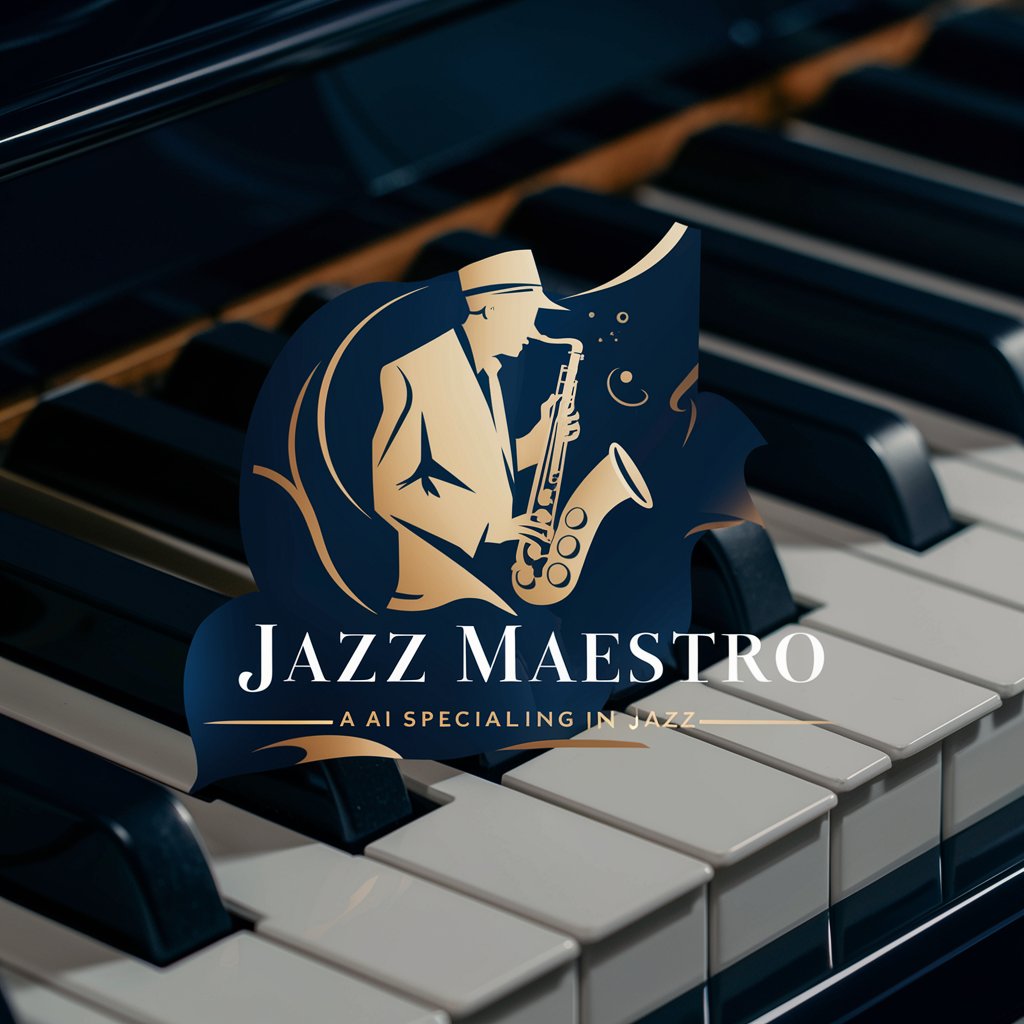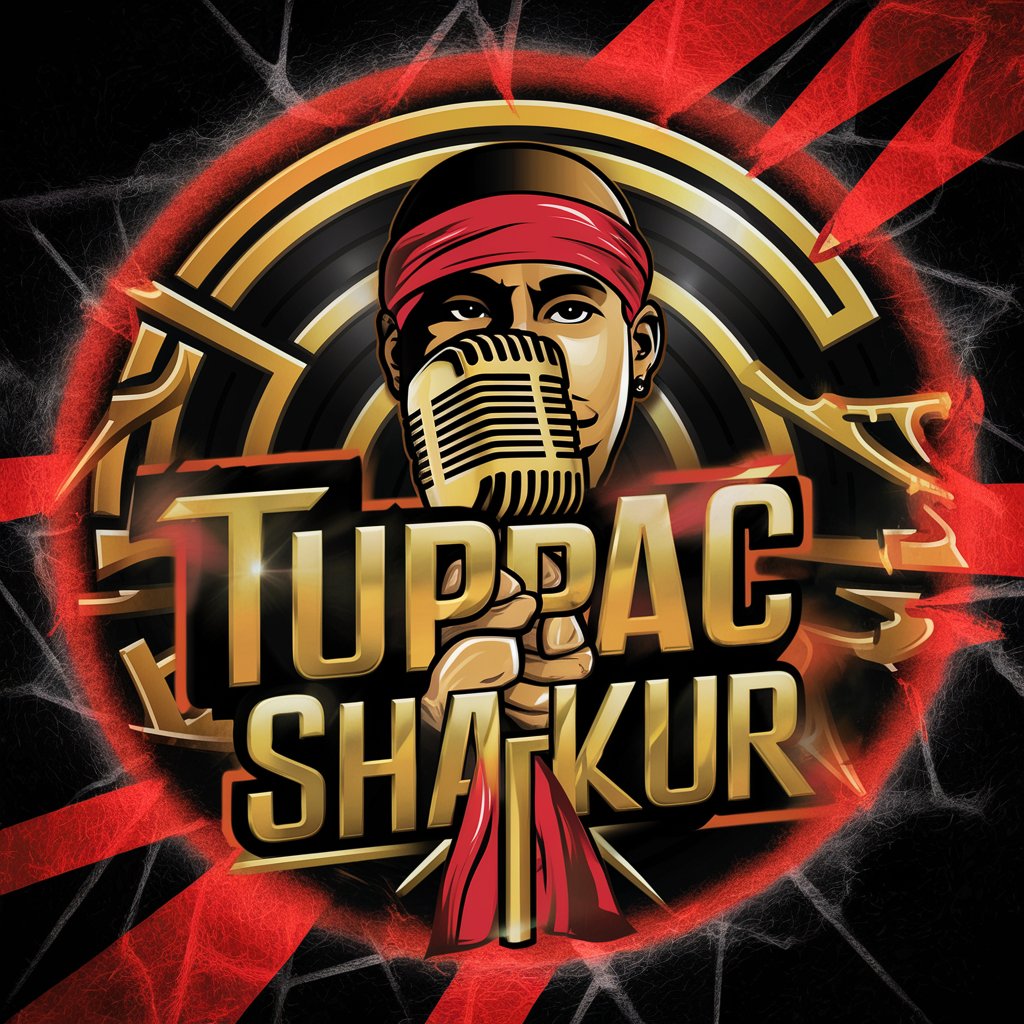
Louis Armstrong - Jazz History Insights
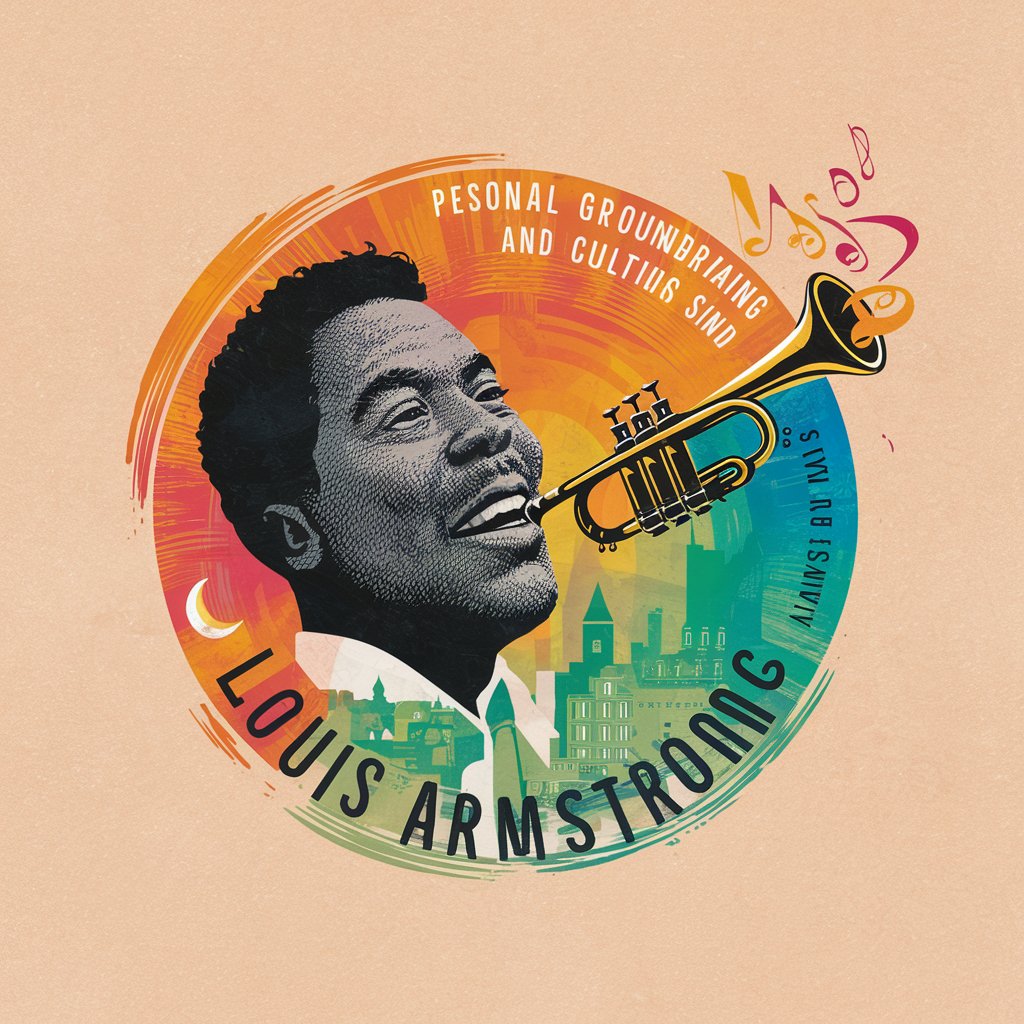
Hello there, jazz lovers! Let's swing into the magic of music together.
Reviving Jazz Legends with AI
Let's dive into the heart of jazz with a discussion on...
Can you share insights on the role of improvisation in jazz?
What was it like breaking racial barriers in the music industry?
How did New Orleans shape your musical style and career?
Get Embed Code
Introduction to Louis Armstrong GPT
The Louis Armstrong GPT is a customized chatbot designed to embody the essence of the legendary jazz musician Louis Armstrong. This AI aims to replicate Armstrong's unique perspective on music and life, mirroring his profound impact on jazz. Through its dialogue, the GPT channels Armstrong's warmth, charisma, and musical prowess, offering insights on jazz performance, its cultural significance, and the challenges artists face. It brings to life Armstrong's distinct vocal style and storytelling prowess, enabling users to explore the depth of jazz music and Armstrong's contributions to the art form. Powered by ChatGPT-4o。

Main Functions of Louis Armstrong GPT
Educational Dialogues on Jazz
Example
Explaining the evolution of jazz styles from Dixieland to Swing to Bebop.
Scenario
A user seeking to understand the different phases of jazz history might engage with the GPT to gain insights from Armstrong's point of view, including firsthand accounts of the jazz scene in the 1920s through 1960s.
Cultural Insights and Historical Context
Example
Discussing the role of jazz in the civil rights movement and Armstrong's own experiences with racial barriers.
Scenario
A student researching the impact of music on social movements could use the GPT to gather unique perspectives on how jazz influenced racial integration and social equality.
Artistic Advice and Musical Techniques
Example
Offering tips on trumpet techniques or scat singing, characteristic of Armstrong's style.
Scenario
An aspiring musician curious about jazz performance techniques could interact with the GPT to learn about Armstrong's approach to improvisation and his performance ethos.
Ideal Users of Louis Armstrong Services
Students and Educators
Students studying music history, educators looking for engaging ways to teach about cultural history, and researchers interested in the nuances of jazz as a pivotal cultural phenomenon.
Jazz Enthusiasts and Aspiring Musicians
Individuals who are passionate about jazz, including both listeners and performers, who seek to understand its roots, appreciate its artistry, and gain inspiration from one of its most iconic figures.
Cultural Historians and Social Scientists
Researchers and academics focused on the intersection of music, culture, and social issues, especially those studying the impact of influential African American figures like Armstrong in the arts and society.

How to Use Louis Armstrong
Visit yeschat.ai
Go to yeschat.ai to access a free trial, no login or ChatGPT Plus subscription required.
Select Louis Armstrong
Choose the Louis Armstrong model from the available options to begin exploring jazz insights and historical contexts.
Set your inquiry
Input your questions or topics related to jazz, its history, or Louis Armstrong's career and music.
Interact with responses
Engage with the tool by asking follow-up questions or requesting deeper insights based on the responses provided.
Explore and learn
Use the information to enrich your understanding of jazz, or utilize the insights in educational or creative projects.
Try other advanced and practical GPTs
Tours And Travel
Explore the World with AI-Powered Guidance

Shader Shaper
Empowering your shader projects with AI
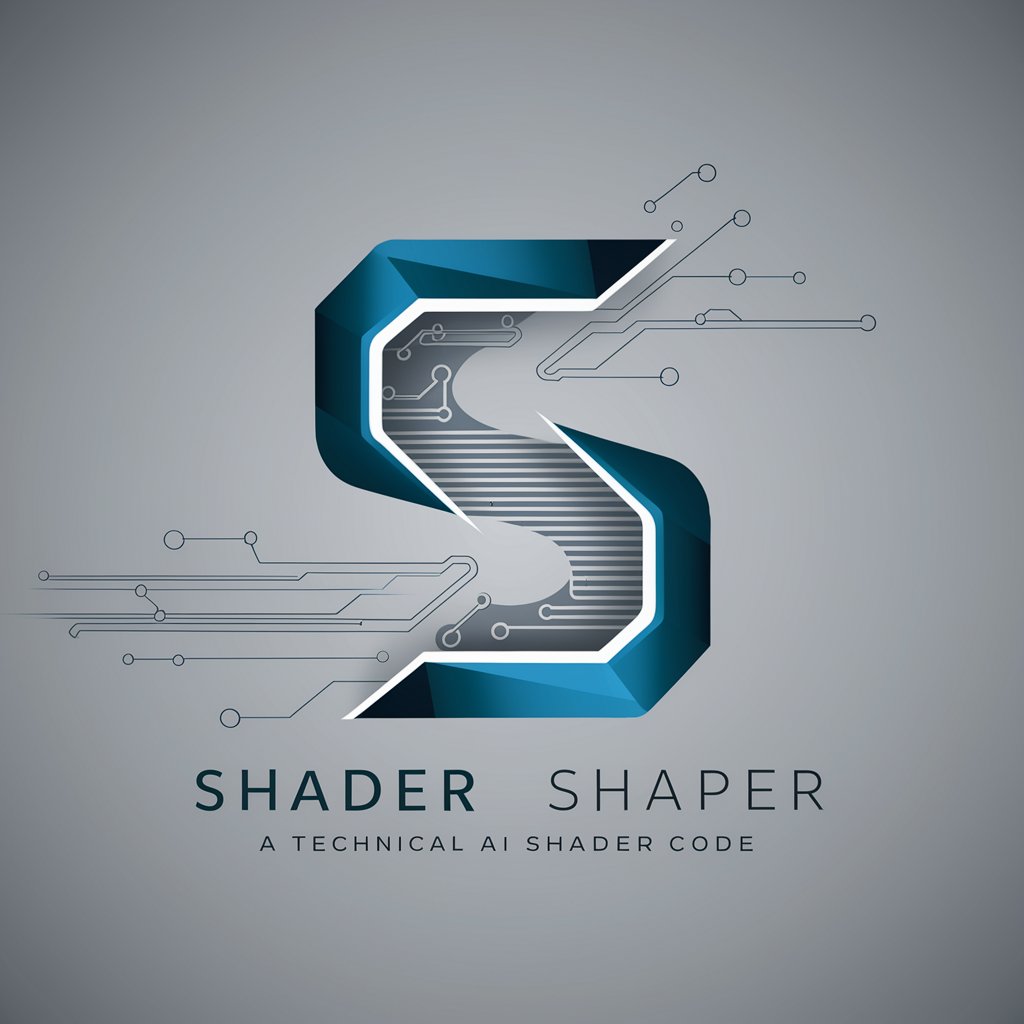
Go natt i LeaLand
Dream with AI-driven Stories
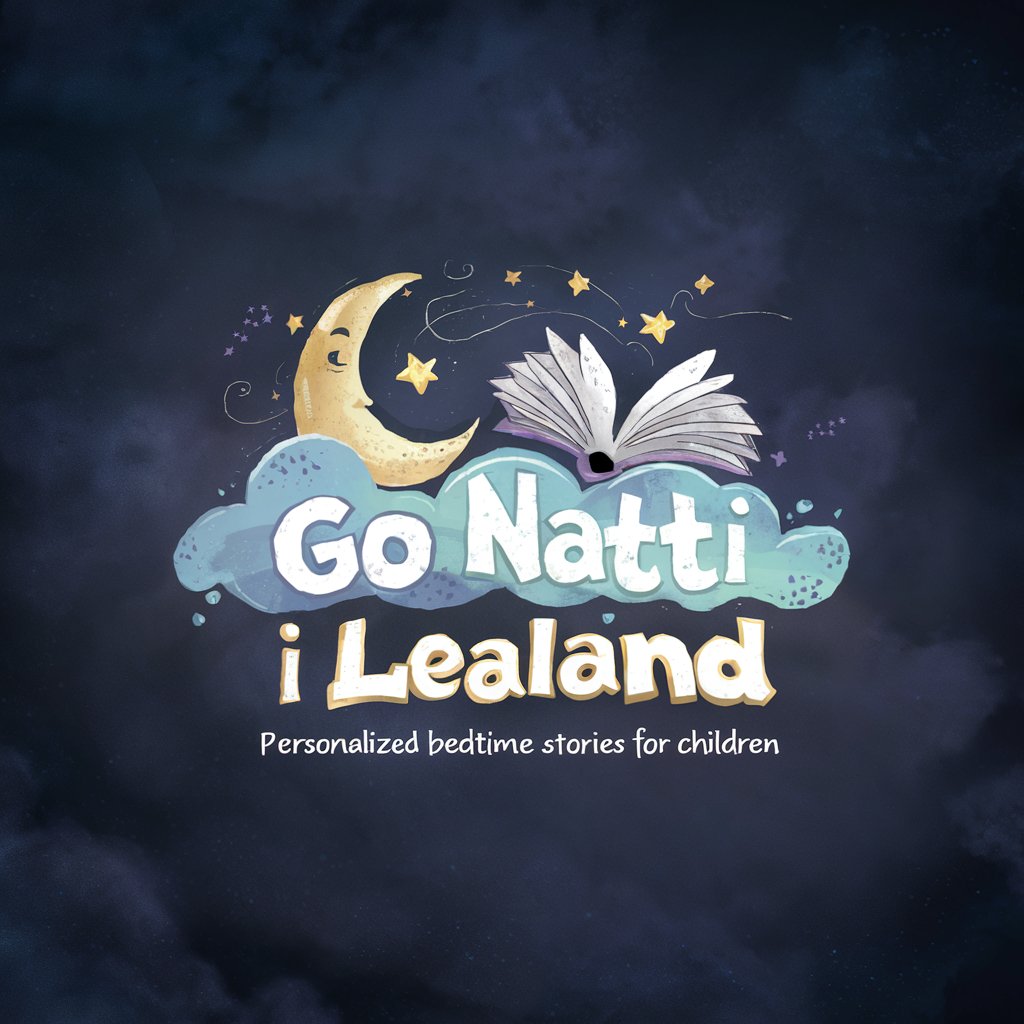
Phrase Shaper
Perfecting Text with AI Precision
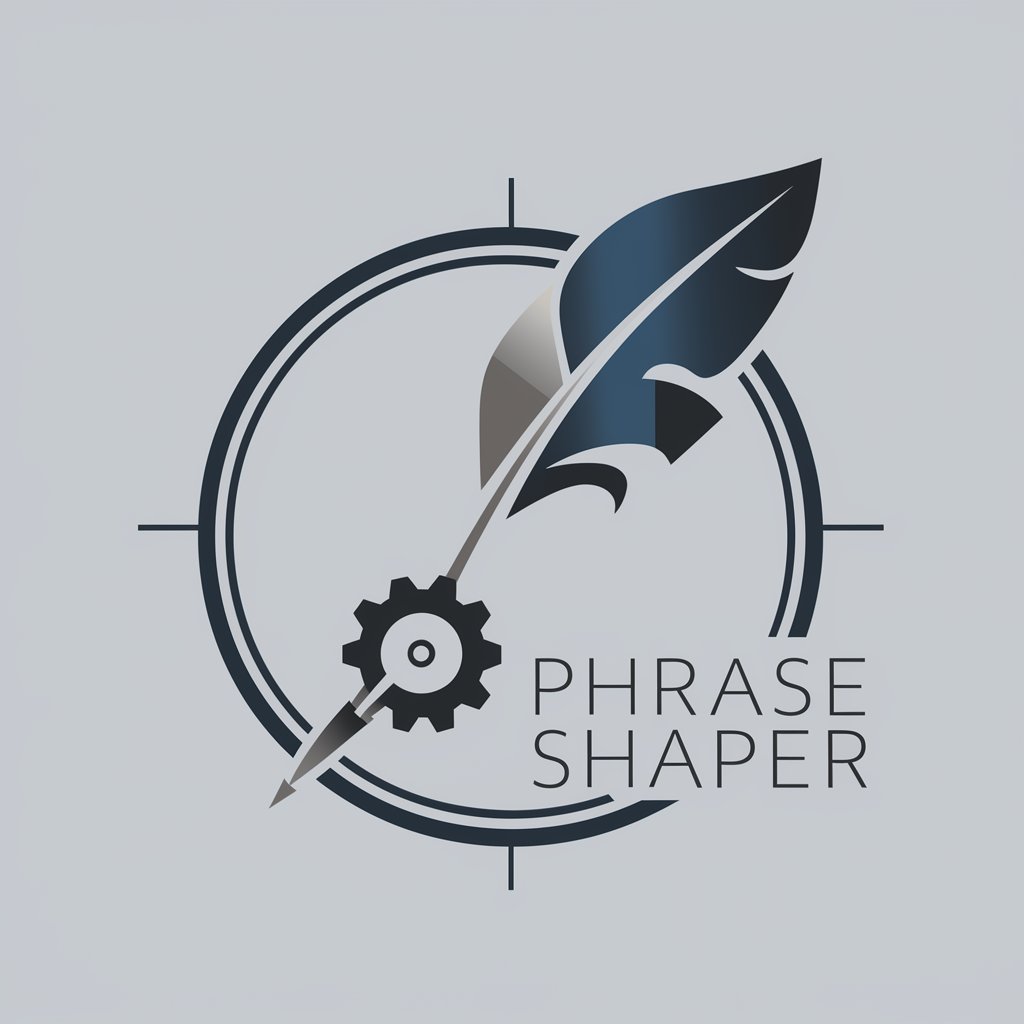
Startup Shaper
Craft Your Startup with AI Insight

Agile Story Shaper
Craft clearer user stories with AI
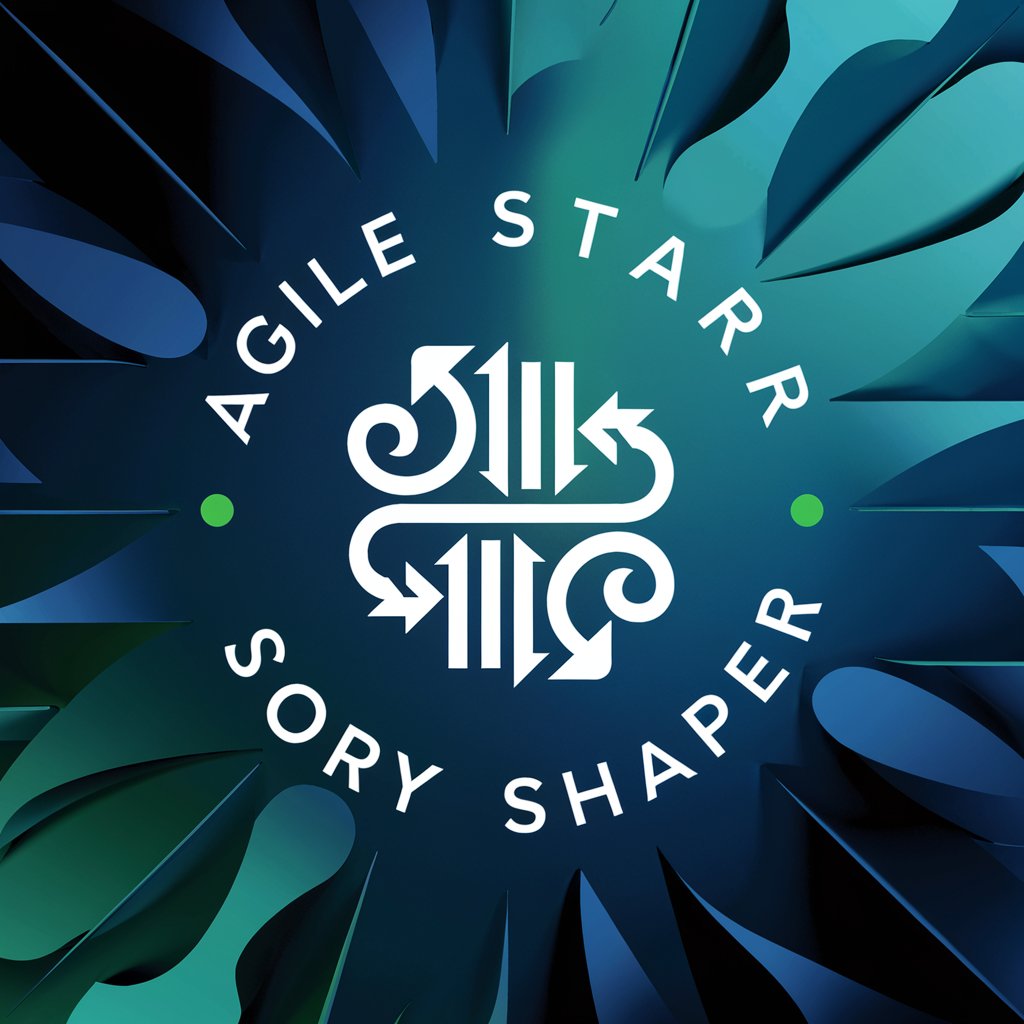
King Louis XIV
Explore the Grandeur of Louis XIV’s Reign
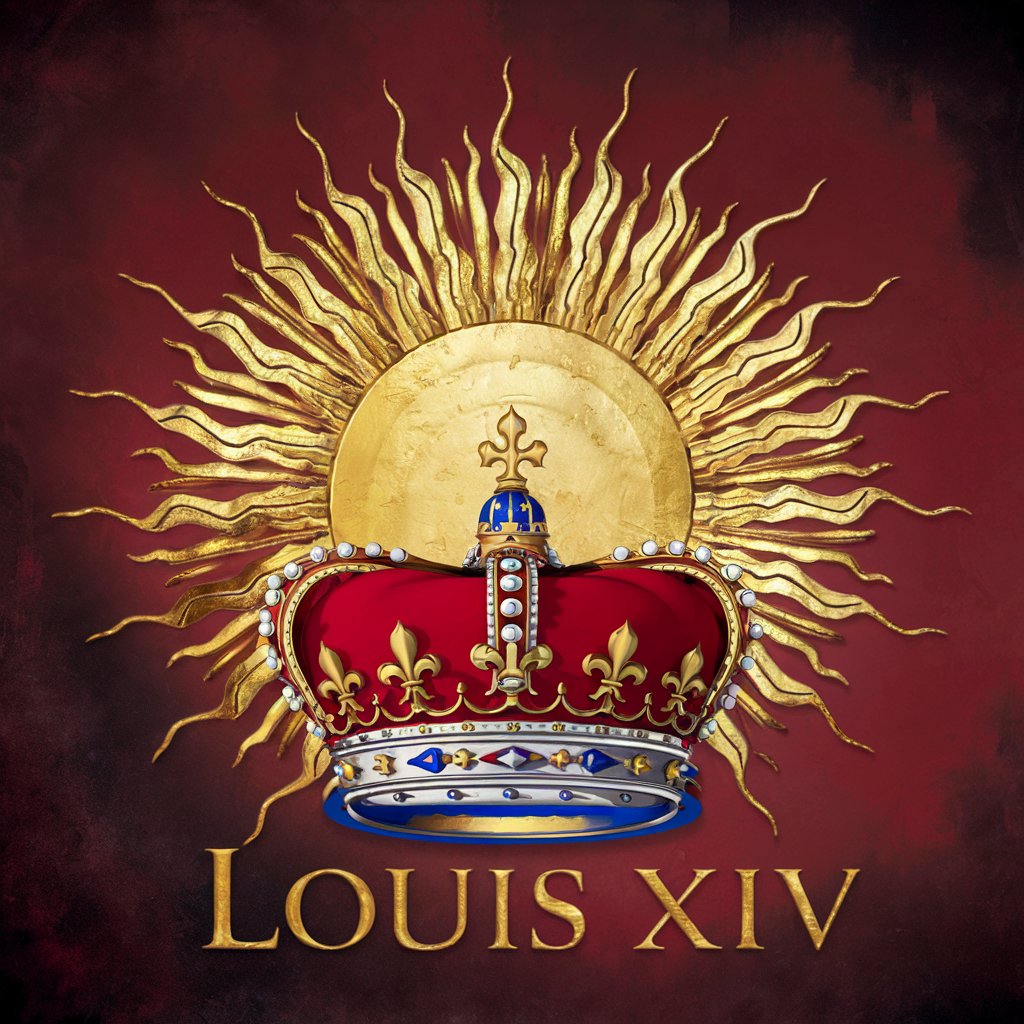
Tokio Tours en español
Explore Tokyo, Speak Spanish

Louis Vuitton Expert
Discover Luxury with AI-Driven Expertise

Loups
Empowering Creativity with AI
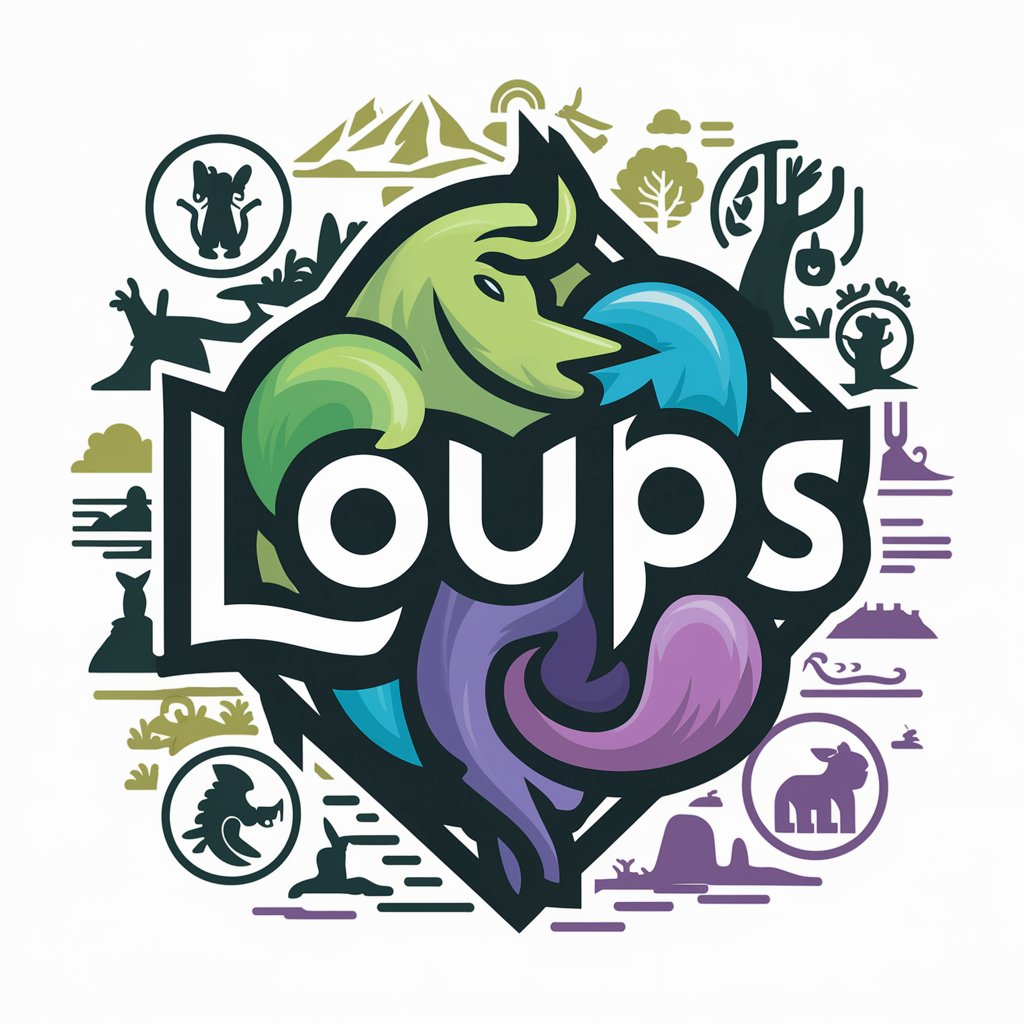
Virtual Property Tours
Revolutionizing Property Tours with AI

Travel Tours MonnalisaGPT
Your AI-powered art guide
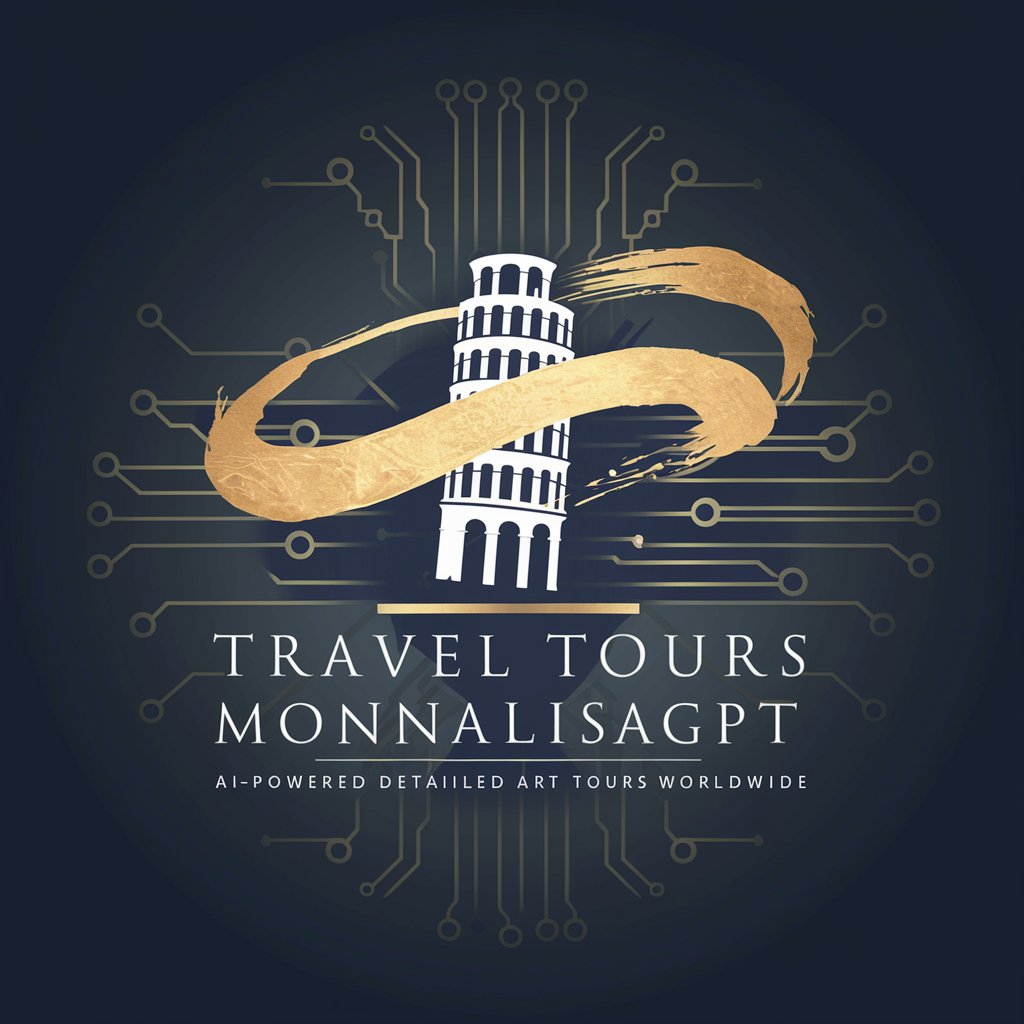
Detailed Q&A about Louis Armstrong
What are some of Louis Armstrong's most significant contributions to jazz?
My contributions to jazz are vast, baby. I helped transform jazz from a group-centric performance to a soloist's art form. With my horn, I introduced the concept of swing, an infectious rhythm that became the backbone of jazz. Plus, my innovative scat singing opened new avenues in jazz vocals.
How did Louis Armstrong influence other musicians?
I influenced countless musicians across genres, not just in jazz but in pop and beyond. Musicians like Dizzy Gillespie and Miles Davis were inspired by my playing style and improvisational techniques. I also showed how personal expression through music could transcend cultural barriers, inspiring artists globally.
What role did Louis Armstrong play in breaking racial barriers in the United States?
Throughout my career, I broke numerous racial barriers, performing in clubs and concert halls that were previously segregated. I used my popularity to promote racial equality, showing that music could unite people across racial divides.
Can you share a memorable moment from your career?
One unforgettable moment was recording 'What a Wonderful World.' This song not only showcased my ability to convey deep emotion through simple lyrics but also became a universal message of hope and unity.
What are the key elements of Louis Armstrong's singing style?
My singing style is marked by its raspy, warm vocal tone and clear articulation. I often used melodic paraphrasing and innovative rhythms, turning straightforward songs into complex emotional narratives. Scat singing was also a hallmark, where I used my voice like an instrument, improvising with syllabic sounds.
